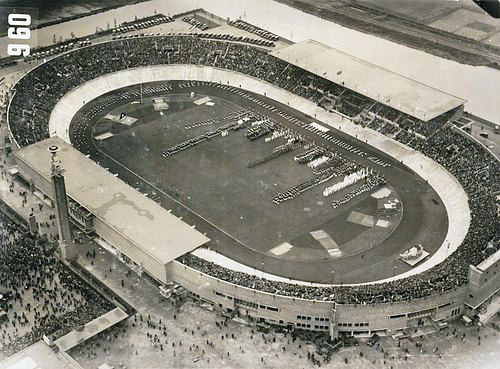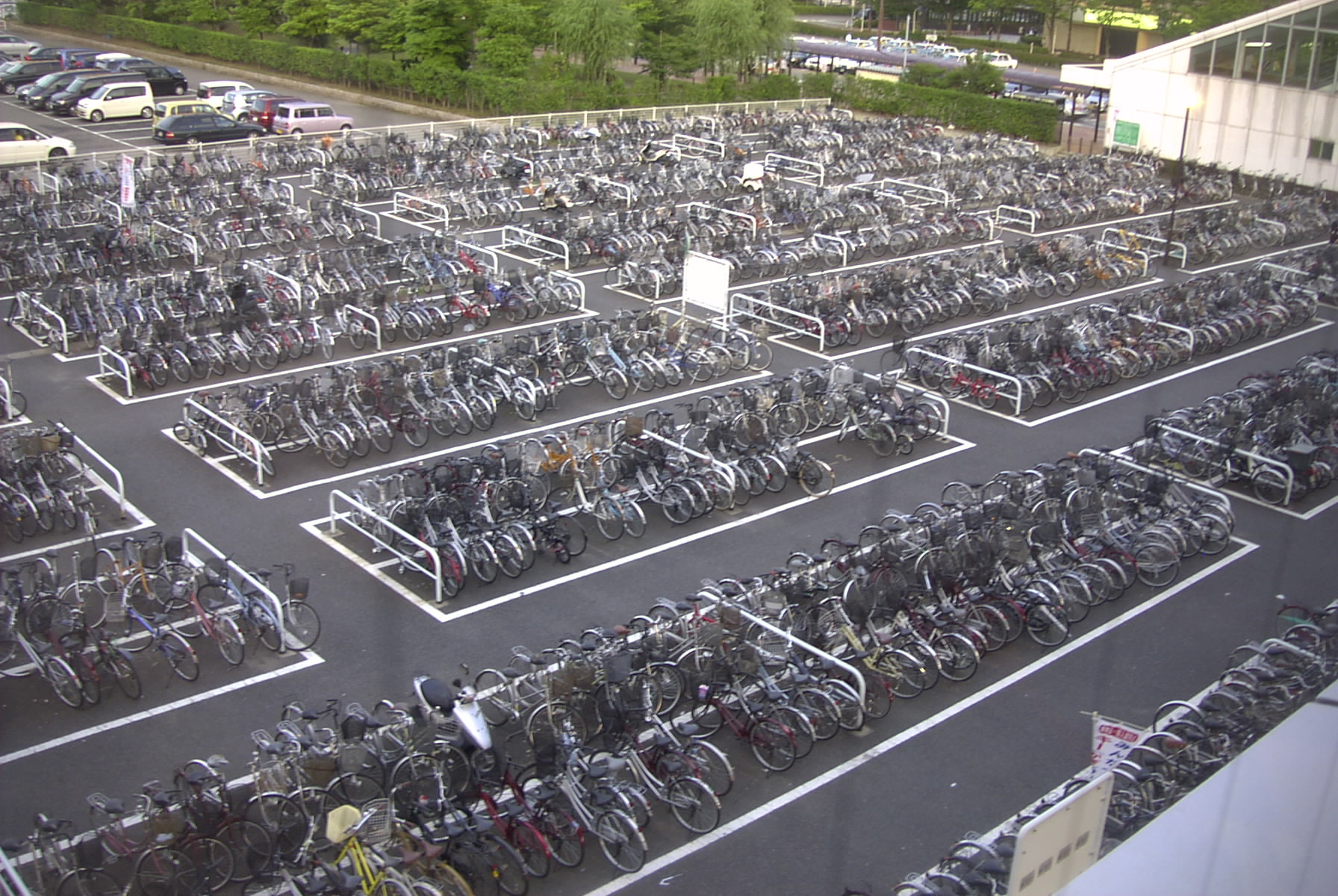|
José López (cyclist)
José Horacio López Aguiar (1910, La Plata - 2004, La Plata) was an Argentine cyclist. He competed in the individual and team road race events at the 1928 Summer Olympics The 1928 Summer Olympics (), officially the Games of the IX Olympiad (), was an international multi-sport event that was celebrated from 28 July to 12 August 1928 in Amsterdam, Netherlands. The city of Amsterdam had previously bid for .... References External links * 1910 births Year of death missing Argentine male cyclists Olympic cyclists for Argentina Cyclists at the 1928 Summer Olympics People from La Plata 20th-century Argentine sportsmen {{Argentina-cycling-bio-stub ... [...More Info...] [...Related Items...] OR: [Wikipedia] [Google] [Baidu] |
La Plata, Buenos Aires
La Plata () is the capital city of Buenos Aires province, Argentina. According to the 2022 Argentina census, census, the La Plata Partido, Partido has a population of 772,618 and its metropolitan area, the Greater La Plata, has 938,287 inhabitants. It is located 9 kilometers (6 miles) inland from the southern shore of the estuary. La Plata was planned and developed to serve as the provincial capital after the city of Buenos Aires was Federalization of Buenos Aires, federalized in 1880. It was officially founded by Governor Dardo Rocha on 19 November 1882. Its construction is fully documented in photographs by Tomás Bradley Sutton. La Plata was briefly known as ''Ciudad Eva Perón'' (Eva Perón City) between 1952 and 1955. History and description After La Plata was designated the provincial capital, Rocha was placed in charge of creating the city. He hired urban planner Pedro Benoit, who designed a city layout based on a rationalism, rationalist urban planning, conception ... [...More Info...] [...Related Items...] OR: [Wikipedia] [Google] [Baidu] |
Cycle Sport
Cycle sport is Competition, competitive physical activity using bicycles. There are several categories of bicycle racing including road bicycle racing, cyclo-cross, mountain bike racing, track cycling, BMX, and cycle speedway. Non-racing cycling sports include artistic cycling, cycle polo, freestyle BMX, mountain bike trials, Hardcourt Bike Polo, hardcourt bike polo and cycleball. The (UCI) is the world Sport governing body, governing body for cycling and international competitive cycling events. The International Human Powered Vehicle Association is the governing body for human-powered vehicles that imposes far fewer restrictions on their design than does the UCI. The UltraMarathon Cycling Association is the governing body for many ultra-distance cycling races. Bicycle racing is recognised as an Olympic sport. Bicycle races are popular all over the world, especially in Europe. The countries most devoted to bicycle racing include Belgium, Denmark, France, Germany, Italy, the N ... [...More Info...] [...Related Items...] OR: [Wikipedia] [Google] [Baidu] |
Cycling At The 1928 Summer Olympics – Men's Individual Road Race
Cycling, also known as bicycling or biking, is the activity of riding a bicycle or other types of pedal-driven human-powered vehicles such as balance bikes, unicycles, tricycles, and quadricycles. Cycling is practised around the world for purposes including transport, recreation, exercise, and competitive sport. History Cycling became popularized in Europe and North America in the latter part and especially the last decade of the 19th century. Today, over 50 percent of the human population knows how to ride a bike. War The bicycle has been used as a method of reconnaissance as well as transporting soldiers and supplies to combat zones. In this it has taken over many of the functions of horses in warfare. In the Second Boer War, both sides used bicycles for scouting. In World War I, France, Germany, Australia and New Zealand used bicycles to move troops. In its 1937 invasion of China, Japan employed some 50,000 bicycle troops, and similar forces were instrumental in J ... [...More Info...] [...Related Items...] OR: [Wikipedia] [Google] [Baidu] |
Cycling At The 1928 Summer Olympics – Men's Team Road Race
Cycling, also known as bicycling or biking, is the activity of riding a bicycle or other types of pedal-driven human-powered vehicles such as balance bikes, unicycles, tricycles, and quadricycles. Cycling is practised around the world for purposes including transport, recreation, exercise, and competitive sport. History Cycling became popularized in Europe and North America in the latter part and especially the last decade of the 19th century. Today, over 50 percent of the human population knows how to ride a bike. War The bicycle has been used as a method of reconnaissance as well as transporting soldiers and supplies to combat zones. In this it has taken over many of the functions of horses in warfare. In the Second Boer War, both sides used bicycles for scouting. In World War I, France, Germany, Australia and New Zealand used bicycles to move troops. In its 1937 invasion of China, Japan employed some 50,000 bicycle troops, and similar forces were instrumental in Japa ... [...More Info...] [...Related Items...] OR: [Wikipedia] [Google] [Baidu] |
1928 Summer Olympics
The 1928 Summer Olympics (), officially the Games of the IX Olympiad (), was an international multi-sport event that was celebrated from 28 July to 12 August 1928 in Amsterdam, Netherlands. The city of Amsterdam had previously bid for the 1920 and 1924 Olympic Games. Still, it was obliged to give way to war-torn Antwerp in Belgium for the 1920 Summer Olympics, 1920 Games and Pierre de Coubertin's Paris for the 1924 Summer Olympics, 1924 Games. The only other candidate city for the 1928 Olympics was Los Angeles, which would eventually be selected to host the Olympics four years later. In preparation for the 1932 Summer Olympics, the United States Olympic Committee reviewed the costs and revenue of the 1928 Games. The committee reported a total cost of United States dollar, US$1.183 million with receipts of US$1.165 million, giving a negligible loss of US$18,000, which was a considerable improvement over the 1924 Games. The United States won the most gold and medals over ... [...More Info...] [...Related Items...] OR: [Wikipedia] [Google] [Baidu] |
1910 Births
Events January * January 6 – Abé language, Abé people in the French West Africa colony of Côte d'Ivoire rise against the colonial administration; the rebellion is brutally suppressed by the military. * January 8 – By the Treaty of Punakha, the Himalayan kingdom of Bhutan becomes a protectorate of the British Empire. * January 11 – Charcot Island is discovered by the Antarctic expedition led by French explorer Jean-Baptiste Charcot on the ship ''Pourquoi-Pas (1908), Pourquoi Pas?'' Charcot returns from his expedition on February 11. * January 12 – Great January Comet of 1910 first observed (perihelion: January 17). * January 15 – Amidst the constitutional crisis caused by the House of Lords rejecting the People's Budget the January 1910 United Kingdom general election is held resulting in a hung parliament with neither Liberals nor Conservatives gaining a majority. * January 21 – 1910 Great Flood of Paris, The Great Flood of Paris begins when the Seine over ... [...More Info...] [...Related Items...] OR: [Wikipedia] [Google] [Baidu] |
Year Of Death Missing
A year is a unit of time based on how long it takes the Earth to orbit the Sun. In scientific use, the tropical year (approximately 365 solar days, 5 hours, 48 minutes, 45 seconds) and the sidereal year (about 20 minutes longer) are more exact. The modern calendar year, as reckoned according to the Gregorian calendar, approximates the tropical year by using a system of leap years. The term 'year' is also used to indicate other periods of roughly similar duration, such as the lunar year (a roughly 354-day cycle of twelve of the Moon's phasessee lunar calendar), as well as periods loosely associated with the calendar or astronomical year, such as the seasonal year, the fiscal year, the academic year, etc. Due to the Earth's axial tilt, the course of a year sees the passing of the seasons, marked by changes in weather, the hours of daylight, and, consequently, vegetation and soil fertility. In temperate and subpolar regions around the planet, four seasons are ... [...More Info...] [...Related Items...] OR: [Wikipedia] [Google] [Baidu] |
Argentine Male Cyclists
Argentines, Argentinians or Argentineans are people from Argentina. This connection may be residential, legal, historical, or cultural. For most Argentines, several (or all) of these connections exist and are collectively the source of their being Argentine. Argentina is a multiethnic society, multiethnic society, home to people of various Ethnicity, ethnic, Race (human categorization), racial, Religion, religious, Religious denomination, denomination, and Nationality, national origins, with the majority of the population made up of Old World immigrants and their descendants. As a result, Argentines do not equate their nationality with ethnicity, but with citizenship and allegiance to Argentina. Aside from the indigenous population, nearly all Argentines or their ancestors immigrated within the past five centuries. Among countries in the world that have received the most immigrants in modern history, Argentina, with 6.6 million, ranks second to the United States (27 million), ... [...More Info...] [...Related Items...] OR: [Wikipedia] [Google] [Baidu] |
Olympic Cyclists For Argentina
Olympic or Olympics may refer to Sports Competitions * Olympic Games, international multi-sport event held since 1896 ** Summer Olympic Games ** Winter Olympic Games * Ancient Olympic Games, ancient multi-sport event held in Olympia, Greece between 776 BC and 393 AD * Olympic (greyhounds), a competition held annually at Brighton & Hove Greyhound Stadium Clubs and teams * Adelaide Olympic FC, a soccer club from Adelaide, South Australia * Fribourg Olympic, a professional basketball club based in Fribourg, Switzerland * Sydney Olympic FC, an Australian soccer club * Olympic Club (Barbacena), a Brazilian football club based in Barbacena, Minas Gerais state * Olympic Mvolyé, a Cameroonian football club based in Mvolyé * Olympic Club (Egypt), a football and sports club based in Alexandria * Blackburn Olympic F.C., an English football club based in Blackburn, Lancashire * Rushall Olympic F.C., an English football club based in Rushall * FC Olympic Tallinn, an Estoni ... [...More Info...] [...Related Items...] OR: [Wikipedia] [Google] [Baidu] |
Cyclists At The 1928 Summer Olympics
Cycling, also known as bicycling or biking, is the activity of riding a bicycle or other types of pedal-driven human-powered vehicles such as balance bikes, unicycles, tricycles, and quadricycles. Cycling is practised around the world for purposes including transport, recreation, exercise, and competitive sport. History Cycling became popularized in Europe and North America in the latter part and especially the last decade of the 19th century. Today, over 50 percent of the human population knows how to ride a bike. War The bicycle has been used as a method of reconnaissance as well as transporting soldiers and supplies to combat zones. In this it has taken over many of the functions of horses in warfare. In the Second Boer War, both sides used bicycles for scouting. In World War I, France, Germany, Australia and New Zealand used bicycles to move troops. In its 1937 invasion of China, Japan employed some 50,000 bicycle troops, and similar forces were instrumental in Japan' ... [...More Info...] [...Related Items...] OR: [Wikipedia] [Google] [Baidu] |
People From La Plata
The term "the people" refers to the public or common mass of people of a polity. As such it is a concept of human rights law, international law as well as constitutional law, particularly used for claims of popular sovereignty. In contrast, a people is any plurality of persons considered as a whole. Used in politics and law, the term "a people" refers to the collective or community of an ethnic group or nation. Concepts Legal Chapter One, Article One of the Charter of the United Nations states that "peoples" have the right to self-determination. Though the mere status as peoples and the right to self-determination, as for example in the case of Indigenous peoples (''peoples'', as in all groups of indigenous people, not merely all indigenous persons as in ''indigenous people''), does not automatically provide for independent sovereignty and therefore secession. Indeed, judge Ivor Jennings identified the inherent problems in the right of "peoples" to self-determination, as i ... [...More Info...] [...Related Items...] OR: [Wikipedia] [Google] [Baidu] |







